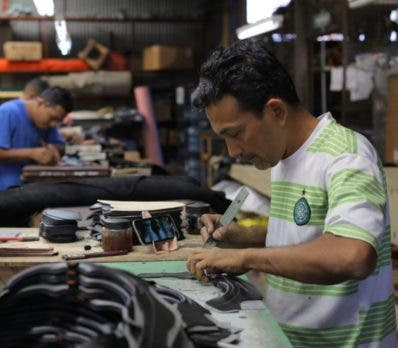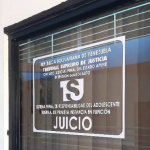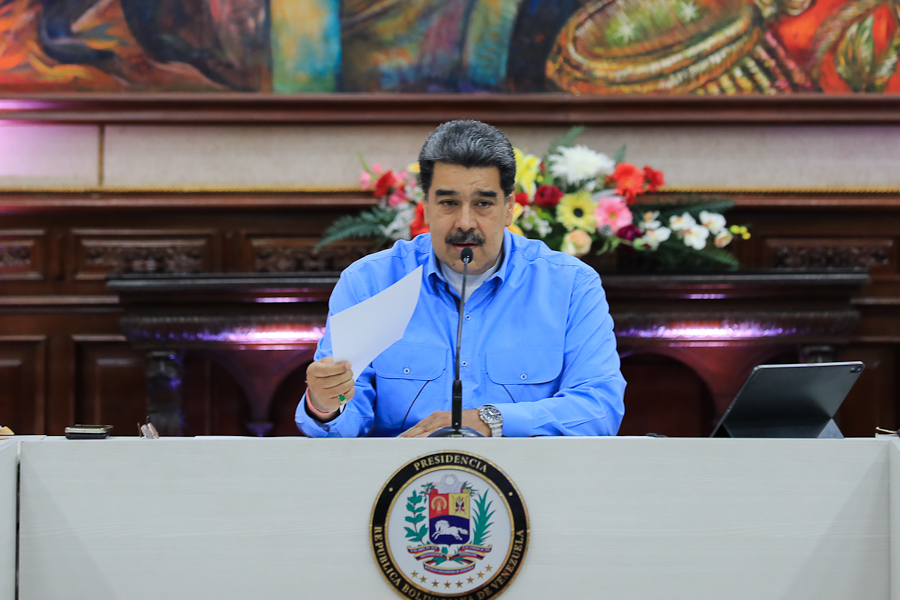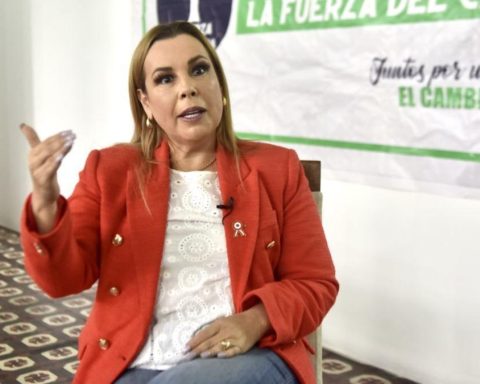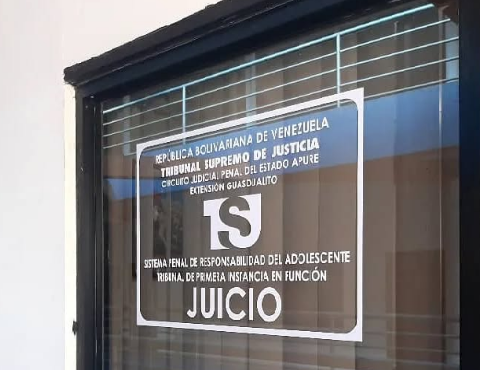The barriers are: the tax and administrative burden, minimum wage regulations and some of the country’s non-salary labor costs such as unemployment
There are structural barriers to the formalization of companies and the creation of formal jobs in Dominican Republic.
“Beyond mitigating the social consequences caused by informality, a formalization strategy must address the barriers and disincentives that companies face to operate formally,” says the latest study by the Organization for Economic Co-operation and Development (OECD)) for the country.
It highlights that formalization continues to be unattractive or unaffordable for many Dominican companies, especially the smaller ones, for which it is more expensive, compared to a large company.
In the country, 91% of the employees of small companies and 22.8% of the employees of medium-sized companies work informally. Instead, only 3.7% of employees in large companies are informally employed.
The “Multidimensional Study of the Dominican Republic. Towards a greater well-being”, was launched yesterday and warns that among the various factors that create barriers or disincentives to formalization, the tax and administrative burden associated with formal status, which can be high for micro, small or medium-sized companies, is in the first order. companies (MSMEs).
We invite you to read: Authorities arrest man they say threw a stone that killed Joel Cabrera
In addition, the minimum wage regulations have various sectoral and size-related variants, which creates complexity in their application and makes compliance with the regulation difficult, pushing some companies to operate informally.
Some of the non-salary labor costs could also constitute a barrier, particularly for small employers, among which they mention unemployment that increases over time.
She adds that statistics show that these barriers are also reflected in a segmented labor market, in which transitions between informality and formality are relatively few, particularly for women.
The OECD calls for a rethinking of the current institutional and regulatory framework to remove or alleviate existing barriers. In the first place, it recommends providing favorable conditions for formalization, particularly among MSMEs; support these with special tax benefits, for example, granting exemptions during the first years of operation for newly created companies.
They ask that the Formalízate program be strengthened and expanded and that business acceleration programs or smart funds be implemented.
Urges to reform the Labor Code; rethink the process of setting minimum wages and initiate a technical discussion on the impact of unemployment on levels of informality.
